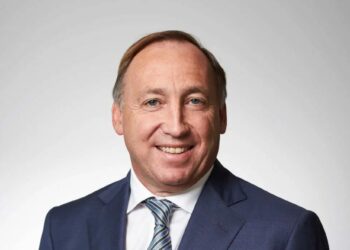The superannuation policy changes needed to deal with technology and the so-called ‘gig economy’ need to start happening now.
That was the message delivered to the opening plenary of the Conference of Major Superannuation Funds (CMSF) in Brisbane, with Australian Institute of Superannuation Trustees chief executive, Eva Scheerlinck arguing that among the necessary changes would be removal of the $450 threshold and the imposition of a superannuation requirement on contractors.
At the same time, Australian Super group executive of membership, Rose Kerlin said that the superannuation regime needed to be brought up to speed to deal with the gig economy.
She suggested this could be achieved by changing the underlying premise of the superannuation guarantee (SG) from something tied to employment to something that was tied to work.
Kerlin also suggested that some of the issues currently confronting the superannuation industry around the gig economy could be addressed if future governments moved more quickly to lift the superannuation to 12 per cent.
The World Economic Forum’s head of society and innovation, Nicholas Davis had earlier told the conference that the gig economy currently accounted for around one per cent of the Australian workforce, although this was growing.
However, he suggested that Australian superannuation funds could play a key role in how technology and the gig economy evolved in Australian society.




